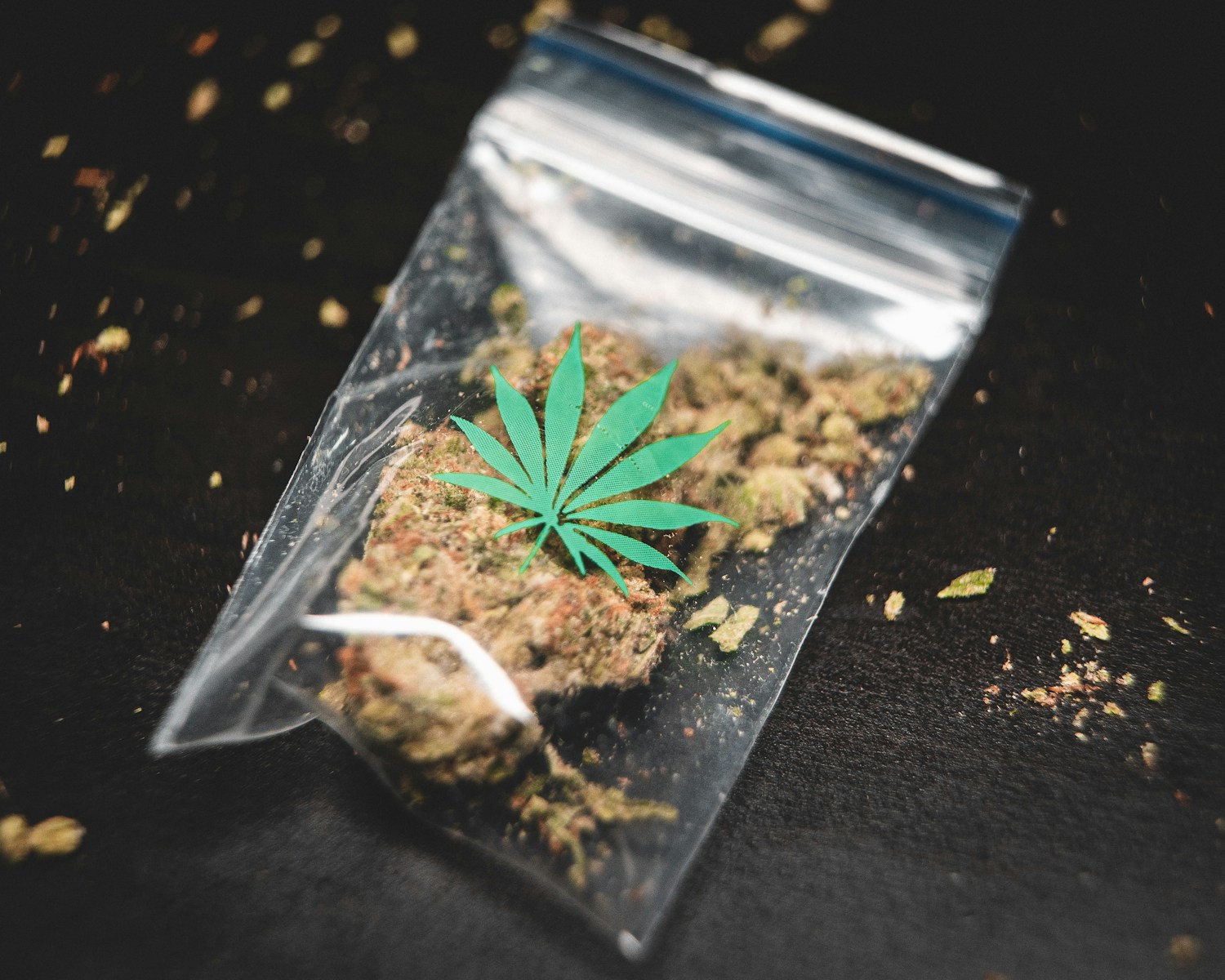Countless people are charged and ultimately convicted for drug crimes because the police find “residue” on a piece of evidence. In this blog I examine what residue is in regards to a drug charge, and a few ways in which the analysis can be invalidated.
Residue is a term used by state laboratories to define a test result where there is the presence of illegal substances without sufficient quantities to determine weight, or volume. This is important because many drug crimes are enhanced or defined by the quantity of illegal substances possessed by the person charged. It is also important because a finding of residue immediately raises questions about whether or not the findings are valid.
Findings are often invalidated as a result of improper methods of analysis or inaccurate application of the proper methods. Results below what is the minimum detection limits of the instruments employed can invalidate a test altogether. For example, if the level of alcohol in a blood sample is .04 micrograms/liter, but the instrument cannot analyze below .05 micrograms/liter, the test would be invalidated.
Finally, because residue examinations usually involve the analysis of items and not pure substances, the results can include a conglomerate of compounds that improperly appear as an illegal substance – a misidentification.
The key thing to remember when charged with a drug crime based on the finding of residue, is that you should immediately question the results. Examine the method applied by the analyst, the way in which the method was employed, the specific results, minimum detection limits, or possible mis-identification by the analyst.
Consider an attorney with an understanding of the concept of residue and the means by which state laboratories examine evidence. Brandon C. Waltrip, Esq. has degrees in both Chemistry and Biology, as well as the law. If you have been charged with a drug crime contact Brandon, or one of the other attorneys at Collins | Waltrip, PC for your legal issues.





